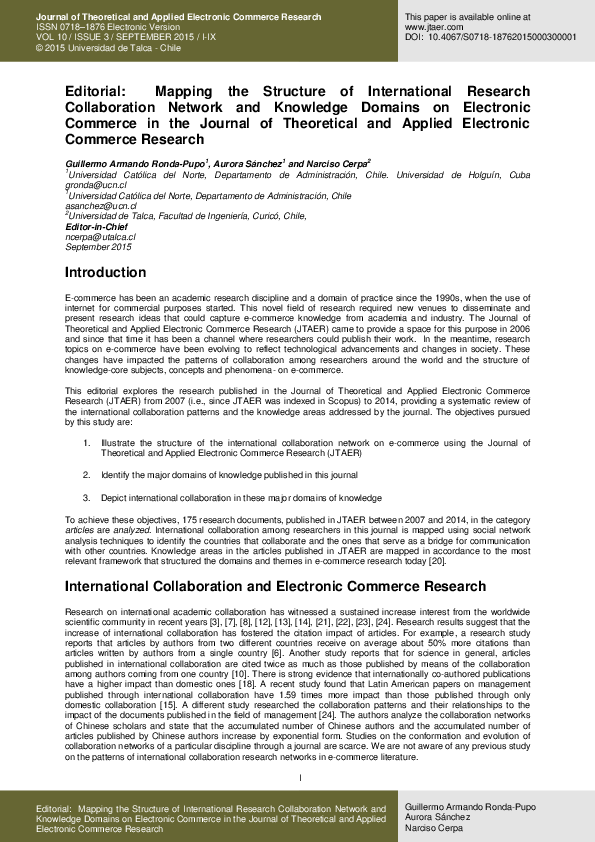How Personality Traits Affect Customer Empathy Expression of Social Media Ads and Purchasing Intention: A Psychological Perspective
IF 4.6
3区 管理学
Q1 BUSINESS
Journal of Theoretical and Applied Electronic Commerce Research
Pub Date : 2024-03-07
DOI:10.3390/jtaer19010031
引用次数: 0
Abstract
Consumers’ personality traits significantly influence their perceptions regarding social media advertising. While prior research on consumers’ purchasing intentions in social networking sites advertising has mainly focused on advertising valence antecedents, it is crucial to recognize that consumers’ susceptibility to advertising persuasion, particularly in terms of empathic expression, varies based on a key criterion: whether consumers are driven to attain a specific desired state or are more inclined to avoid an undesirable state. Regulatory Focus Theory (RFT) posits that individuals operate under distinct motivational mechanisms that govern their determination to achieve desired goals, influencing how they process and evaluate advertising messages. In light of RFT, we conducted an online survey with 524 valid responses, utilizing partial least squares (PLS) for research model analysis. The findings revealed that promotion-focused individuals have positively influenced perceptions of social media ad effectiveness (informativeness, ad creativity, perceived relevance, and emotional appeal). In contrast, prevention-focused individuals negatively perceived social media ad effectiveness. Furthermore, this study highlighted that perceived relevance and emotional appeal have a more significant impact on attitudes toward expressing empathy than informativeness and ad creativity.人格特质如何影响社交媒体广告的客户移情表达和购买意向?心理学视角
消费者的个性特征在很大程度上影响着他们对社交媒体广告的看法。此前有关消费者在社交网站广告中的购买意向的研究主要集中在广告价值的前因上,而至关重要的是要认识到,消费者对广告说服的易感性,尤其是移情表达方面的易感性,是根据一个关键标准而变化的:消费者是被驱使去达到一种特定的理想状态,还是更倾向于避免一种不理想的状态。监管焦点理论(RFT)认为,个人在不同的动机机制下运作,这些机制支配着他们实现预期目标的决心,影响着他们如何处理和评估广告信息。根据 RFT,我们进行了一项在线调查,获得了 524 份有效回复,并利用偏最小二乘法(PLS)进行了研究模型分析。调查结果显示,注重宣传的人对社交媒体广告效果(信息量、广告创意、感知相关性和情感诉求)的认知具有积极影响。与此相反,注重预防的个体对社交媒体广告效果的感知为负面。此外,本研究还强调,与信息性和广告创意相比,感知相关性和情感诉求对表达移情的态度具有更显著的影响。
本文章由计算机程序翻译,如有差异,请以英文原文为准。
求助全文
约1分钟内获得全文
求助全文
来源期刊
CiteScore
9.50
自引率
3.60%
发文量
67
期刊介绍:
The Journal of Theoretical and Applied Electronic Commerce Research (JTAER) has been created to allow researchers, academicians and other professionals an agile and flexible channel of communication in which to share and debate new ideas and emerging technologies concerned with this rapidly evolving field. Business practices, social, cultural and legal concerns, personal privacy and security, communications technologies, mobile connectivity are among the important elements of electronic commerce and are becoming ever more relevant in everyday life. JTAER will assist in extending and improving the use of electronic commerce for the benefit of our society.

 求助内容:
求助内容: 应助结果提醒方式:
应助结果提醒方式:


